Medicine details
| Image |  |
| Name | Gentasol 80 |
| Dosage | Injection |
| Generic Name | Gentamicin |
| Classes |
Antiinfective Agent Antibiotic Dermatological/Topical Agent Topical Antiinfective Agent Ophthalmic Preparation Aminoglycoside |
| Diseases |
Endocarditis Fibrosis Infectious Disease Surgical Infection |
| Company | Techno Drugs Ltd. |
Drug Package Details
| Strength | 80 mg/2 ml |
| Storage Condition | |
| Origin Country | Bangladesh |
| Commercial Pack | 10 |
| Price per pack | ৳ 153.00 |
| Cost per pack | ৳ 134.64 |
| Package unit | 2 ml amp |
| Price per unit | ৳ 15.30 |
| Cost per unit | ৳ 13.46 |
| Discount | 0 |
| Coupon | |
| Remarks |
Gentamicin
Gentamicin belongs to the class of aminoglycoside antibiotics. Gentamicin inhibits bacterial protein synthesis by binding to the 30S ribosomal subunit of susceptible bacteria. This interference disrupts the initiation of protein synthesis, leading to the production of defective and nonfunctional proteins.
Gentamicin is an aminoglycoside antibiotic known for its broad-spectrum bactericidal activity. Its application is indicated for the treatment of severe infections caused by bacteria susceptible to gentamicin. These infections include, but are not limited to:
- Urinary tract infections
- Respiratory tract infections
- Intra-abdominal infections
- Central nervous system (CNS) infections
- Severe neonatal infections
Gentamicin is generally effective against a wide range of organisms, including but not limited to Escherichia coli, Klebsiella spp., Proteus spp. (both indole positive and indole negative), Pseudomonas aeruginosa, Staphylococci, Enterobacter spp., Citrobacter spp., and Providencia spp.
Adults:
- For adults with normal renal function, the recommended dose ranges from 3 to 5 mg/kg/day, depending on the severity of the infection. This can be administered as a single daily dose (preferable) or split into two doses. Dosing adjustments should be made based on the clinical response and serum concentration levels, with calculations relying on ideal body weight. Some specific pathogens or infection sites may require a dosing frequency of more than twice daily, following national and local guidelines.
- Once daily dosing is not advisable in cases of endocarditis, depending on the causative pathogens. Treatment with gentamicin and serum level monitoring in endocarditis should adhere to national and local guidance.
- In individuals with normal renal function, a daily dose of 160 mg once a day is suitable for treating urinary tract infections.
Pediatric Population:
- For children aged 1 year and above, as well as adolescents with normal renal function, the recommended daily dose is 3 to 6 mg/kg/day, given as a single daily dose (preferred) or two divided doses.
- For infants after the first month of life, the daily dose is 4.5 to 7.5 mg/kg/day, administered as a single daily dose (preferred) or two divided doses.
- For neonates and pre-term infants (aged 0 to 4 weeks), the recommended daily dose is 4 to 7 mg/kg/day. Due to a longer half-life, newborns receive the required daily dose in a single administration.
Adverse reactions are listed in decreasing order of frequency:
- Nephrotoxicity (Elevated Blood Urea Nitrogen, Increased Serum Creatinine)
- Ototoxicity (Auditory and Vestibular Dysfunction)
- Neuromuscular Blockade
- Allergic Reactions (Rash, Itching, Anaphylaxis)
- Neurotoxicity (Peripheral Neuropathy, Seizures)
- Respiratory Depression
- Hypersensitivity Reactions
- Superinfections
- Renal Function Monitoring: Regularly monitor renal function, especially in patients with pre-existing renal impairment. Adjust dosage based on renal function.
- Ototoxicity: Exercise caution, especially in patients with pre-existing auditory or vestibular dysfunction. Monitor for signs of hearing loss or balance disturbances.
- Neuromuscular Blockade: Gentamicin can potentiate neuromuscular blockade. Use with caution in patients receiving neuromuscular-blocking agents.
- Allergic Reactions: Discontinue treatment if allergic reactions occur. Cross-sensitivity may exist with other aminoglycosides.
- Neurotoxicity: Monitor for signs of neurotoxicity, especially in patients with pre-existing neuropathy or those receiving other neurotoxic drugs.
Contraindication
Contraindicated in individuals with a known hypersensitivity to gentamicin or other aminoglycosides such as-
None known.
Use with caution in patients with myasthenia gravis, as aminoglycosides can exacerbate muscle weakness.
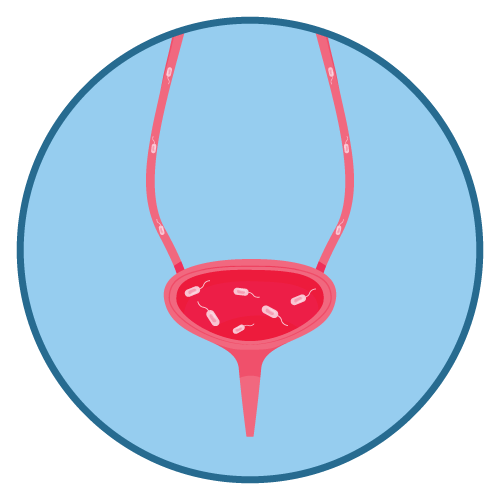
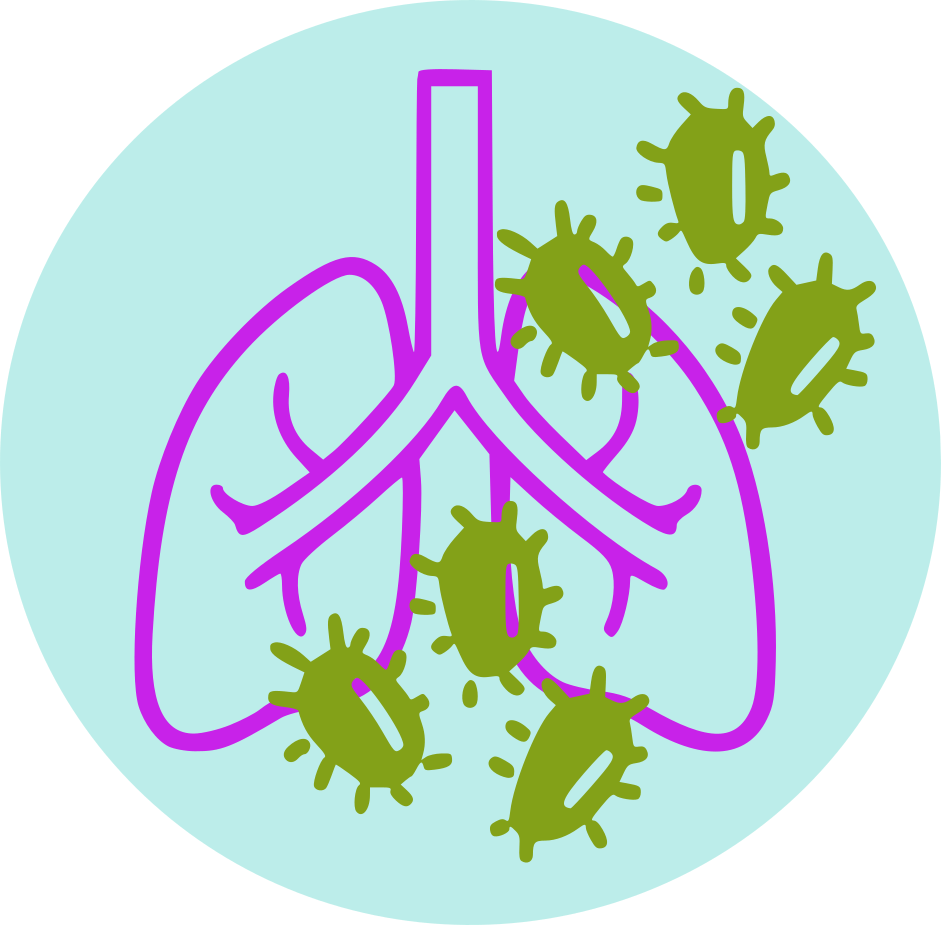
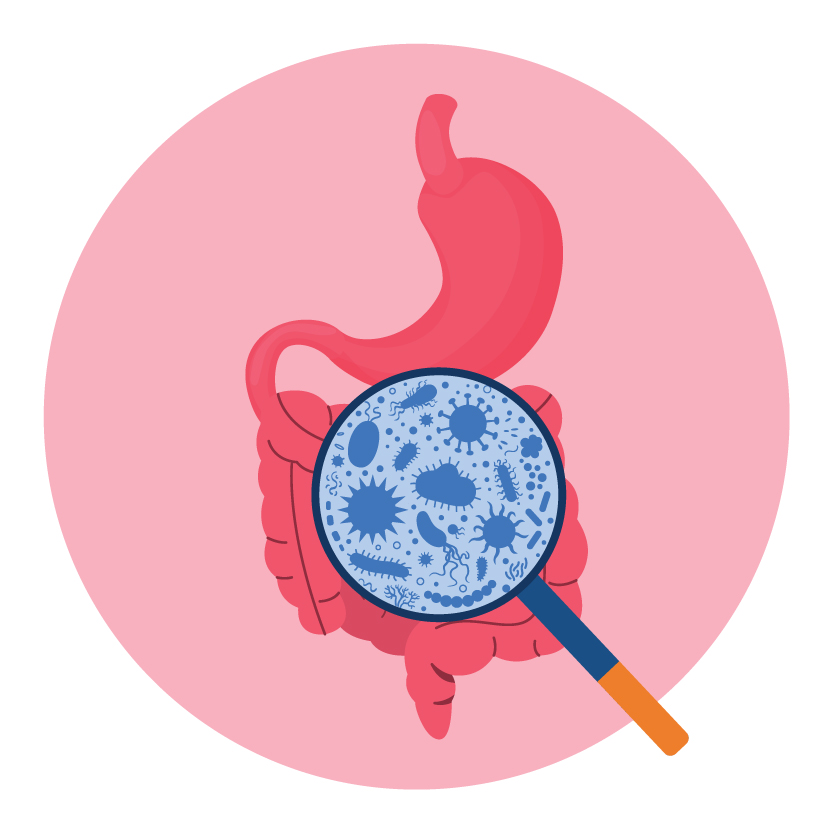
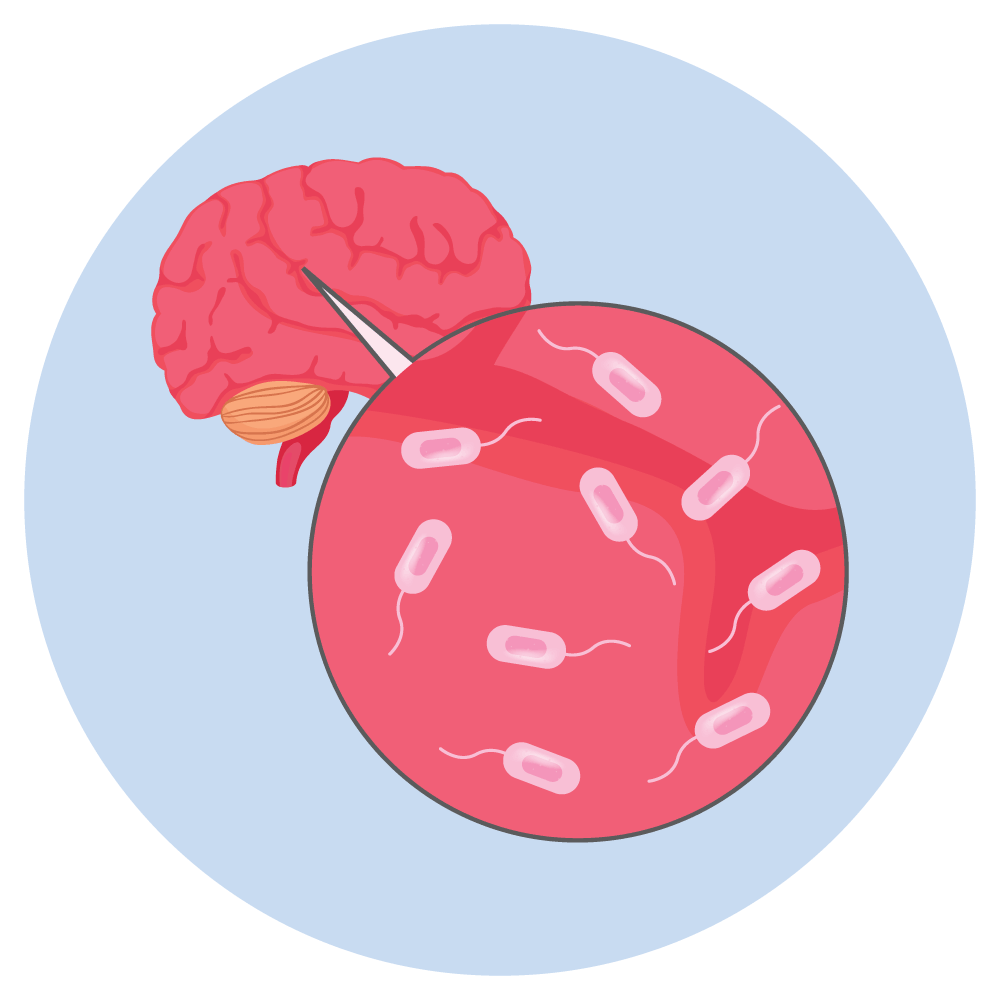
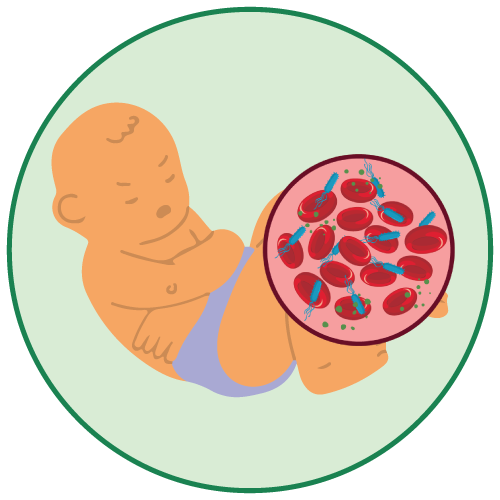
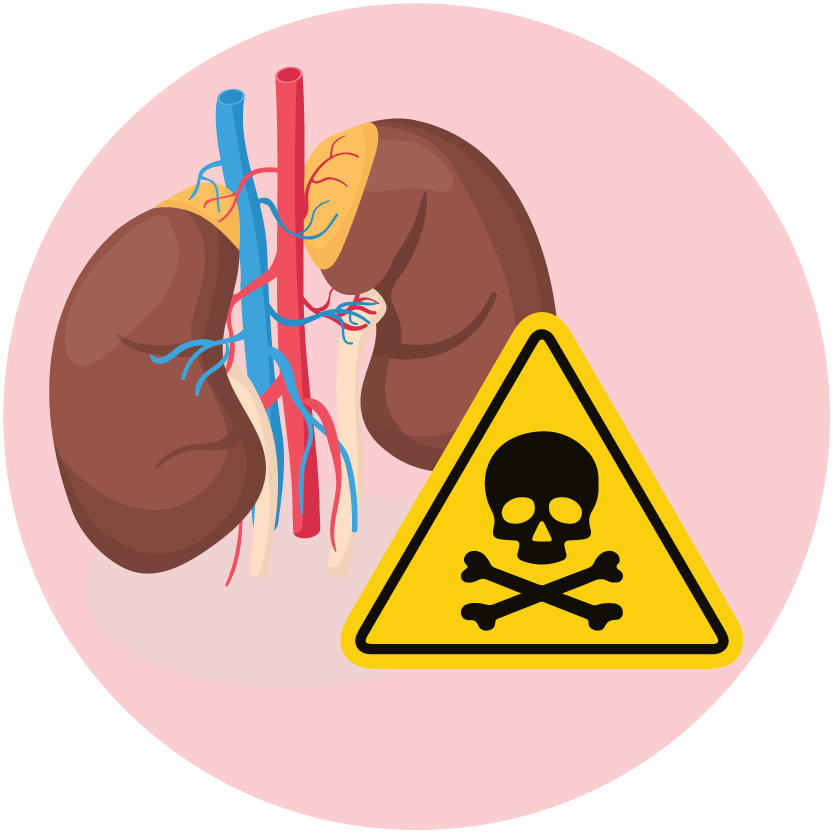
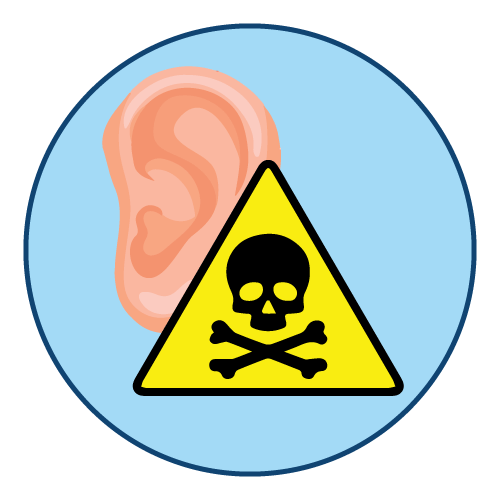
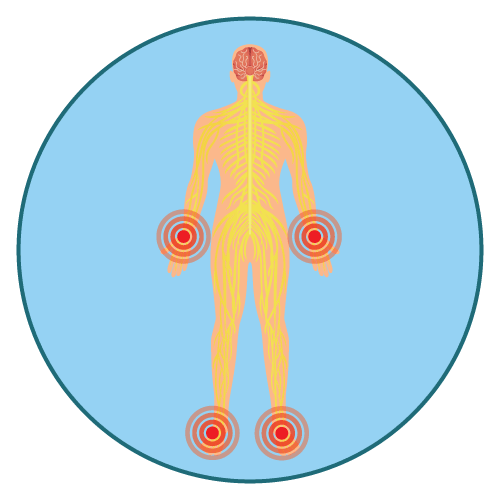
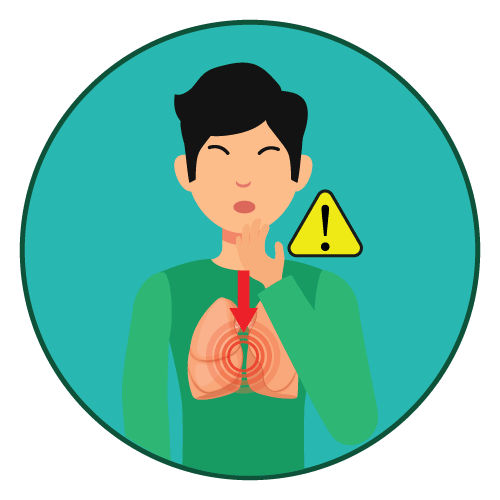

 Bangla
Bangla English
English